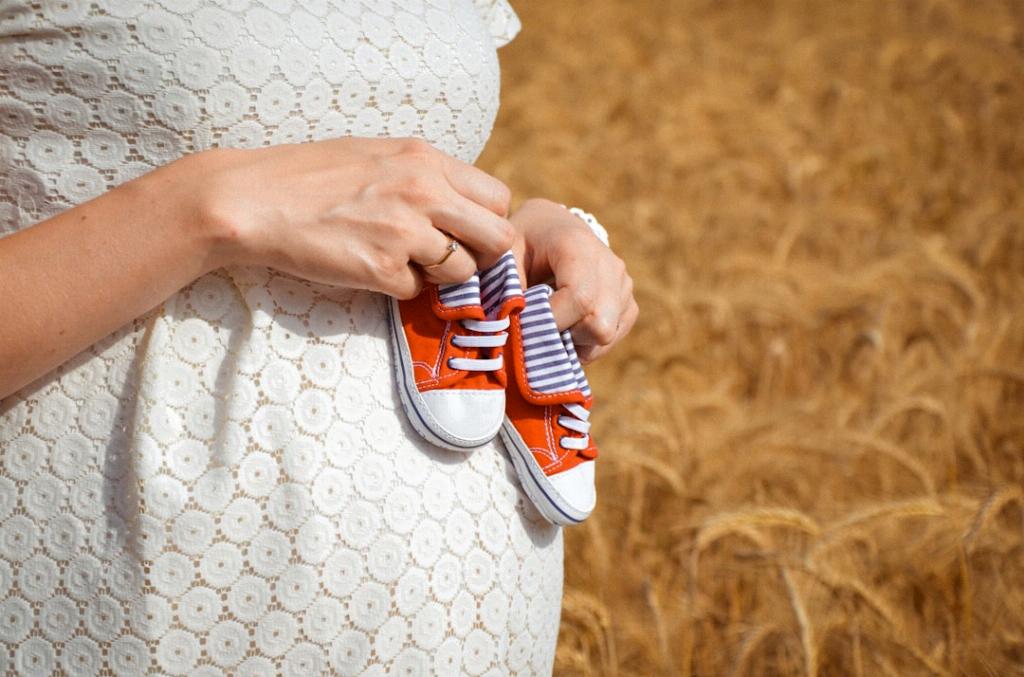Let’s dive into the topic of pregnancy tests and their relationship with alcohol. Many individuals have questioned whether consuming alcohol can impact the accuracy of a pregnancy test. It’s crucial to unravel the truth behind these concerns in order to provide clarity and dispel any misconceptions.
Dehydration and Its Role
Alcohol consumption can lead to dehydration, a condition where your body loses more fluids than it receives. Dehydration can have an indirect effect on pregnancy test results. When your body lacks proper hydration, you may feel the urge to drink more water, which can potentially dilute your urine.
The Importance of hCG Levels
Human Chorionic Gonadotropin (hCG) is a hormone produced during pregnancy. Pregnancy tests work by detecting the levels of hCG in your urine. When the urine is diluted due to excessive water intake from dehydration, it can hinder the accuracy of the test in detecting the presence of hCG.
False Negative Results
One of the main concerns with alcohol-induced dehydration affecting pregnancy tests is the possibility of receiving a false negative result. A false negative occurs when a test incorrectly indicates that you are not pregnant when, in fact, you are. This misconception can lead to confusion and uncertainty among individuals.
Timing of the Test
When considering taking a pregnancy test, it’s essential to be mindful of the timing. Waiting until your missed period or using a first-morning urine sample can increase the accuracy of the test results. This practice can mitigate the potential impact of dehydration on the test outcome.
Seeking Professional Advice
If you have concerns about how alcohol consumption may affect your pregnancy test results, it’s advisable to consult with a healthcare provider. They can offer guidance on when and how to take the test to ensure the most reliable outcome.
Emotional Impact of Results
Receiving inaccurate results from a pregnancy test can induce a range of emotions, including anxiety and confusion. It’s important to approach the testing process with a clear understanding of factors that may influence the outcome, such as dehydration induced by alcohol consumption.
Alternative Testing Methods
In cases where alcohol consumption or dehydration may compromise the accuracy of a traditional urine pregnancy test, alternative testing methods, such as blood tests, can provide a more definitive result. These tests can detect lower levels of hCG with greater precision.
Self-Care Practices
Practicing self-care and maintaining a healthy lifestyle can contribute to the accuracy of pregnancy test results. Staying hydrated, reducing alcohol intake, and following recommended testing guidelines can enhance the likelihood of obtaining reliable information regarding your pregnancy status.
Educational Awareness
Increasing awareness of the potential impact of alcohol on pregnancy test results is crucial for individuals navigating the testing process. By understanding the relationship between dehydration, hCG levels, and test accuracy, individuals can make informed decisions regarding their testing approach.
Conclusion
In conclusion, while alcohol itself may not directly affect pregnancy test results, its potential to induce dehydration can impact the accuracy of the test. Being aware of the influence of dehydration on urine concentration and hCG detection is key to obtaining reliable results. By prioritizing proper hydration, timing tests appropriately, and seeking professional advice when needed, individuals can navigate the testing process with confidence and clarity.

